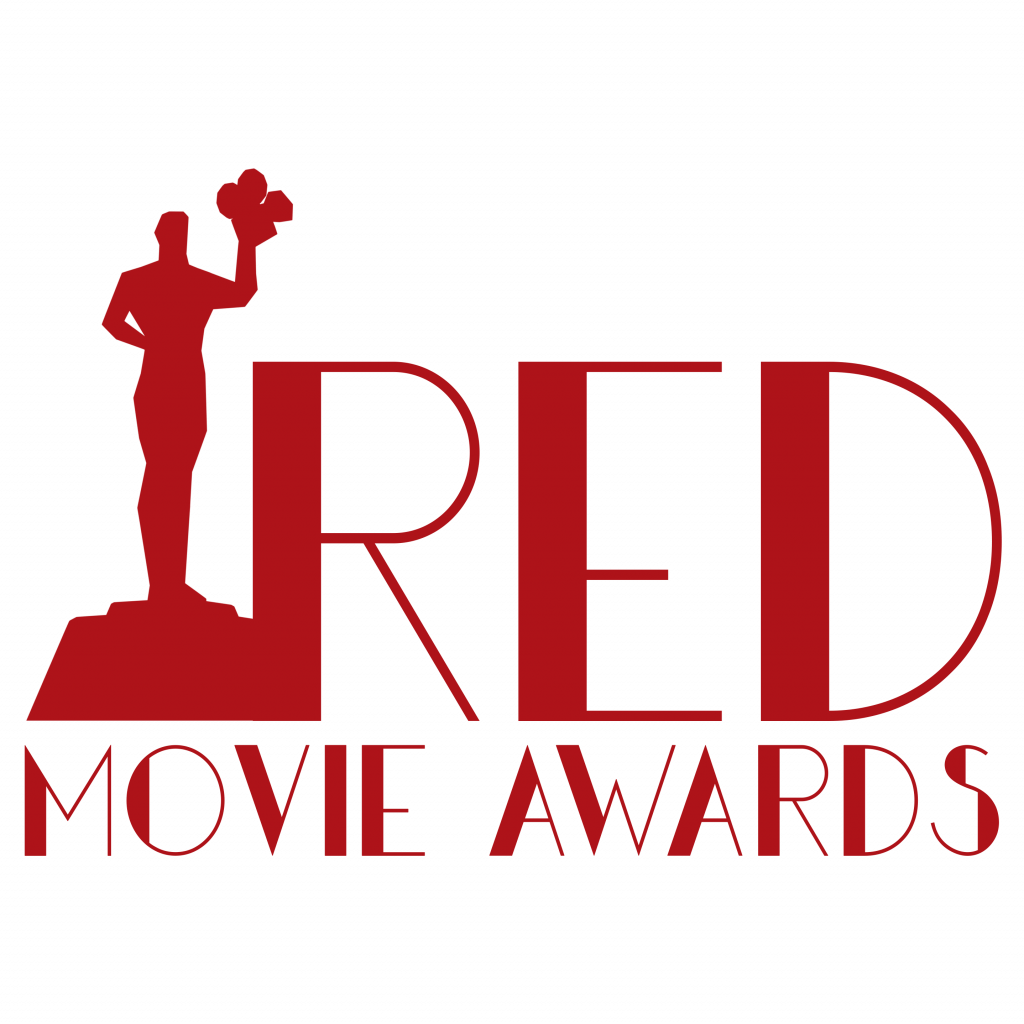THE INTERVIEW
Mars, 2024
WILLIAM R.A. RUSH
DIRECTOR OF GROUP
BEST FIRST TIME DIRECTOR
William, tell us a bit more about yourself. Where does your desire to be director come from?
It was always a dream, it seems. My first theatrical experience was a second run showing of E.T. sometime in 1985, when I was around four years old. This was particularly special considering how rare a treat it was to see a film in the cinema. My family just didn’t have the money. So I was absolutely captivated, entranced. I found myself lost in the world of E.T. I was roughly the same age as Gertie, played so perfectly by Drew Barrymore. There was this girl, my age, and she as growing and having her formative personality development in the storm of this troubled family, caught up in the magic of hope. I was caught up in that magic as well. Cinema can, and does, give us hope.
The first time I saw through the cinema into the artistry and orchestration of film…that moment when the complex innerworkings that created the final film caught my eye…it changed how I saw film permanently. I began to see every element. E.T. started this for me, and remains this magical creation that lives in my heart. Other films began to force me to look beyond the final product and into how it was made. “Jurassic Park”, “The Departed”, “The Matrix”, “Inception”, “Amelie”, “Wild Tales”, “Holy Motors” and, in particular, “Mulholland Drive” were primary examples of this immersion into the world of what goes on behind the scenes to create what we see.
It became a fascination. Once the pandemic hit, I started watching the films I’d always wanted to experience. With every film, this passion to know, to learn, to do, grew stronger. Finally, episode 5 of Mike Flanagan’s “The Haunting of Hill House” solidified it for me. I decided it was “now or never”. My wife, Xxena N. Rush (magnificent producer) encouraged me. In fact, Mike Flanagan himself encouraged me.
I reached out to Stephen King’s office and requested the rights to “One For the Road”, pitching my ideas for it. Less than two days later I had a written contract with King’s office. I had one year to write, cast, direct, edit and finalize the film. I did it, and it was pretty good.
In the back of my head I knew I could do better, I knew I had a better film in me. I had been writing “Group”, I finished it in short order. I wrote three additional features in 2024. I finished “Group”, shot “Immersion” and am scheduled to shoot “Fetish” in September.
I truly believe every film I ever enjoyed planted a blossoming seed into my mind that fueled this desire in me. All I want to do is be a good husband, a good father, and make films.

What is your background?

You were originally a lawyer before turning to cinema in 2022. How did your previous career help and enrich your filmmaking?

William you won Best First Time Director at the RED Movie Awards, what does that mean to you?

Your film deals with mental health after various traumas. How do you believe cinema can help individuals facing this issue?
What was the biggest challenge in this shooting?
Do you have an anecdote to share with us in particular?

We noticed that you are sensitive to inclusion, with several members of your team being LGBTQIA+. Do you think today’s cinema does enough to include minorities?
What is your next project?


